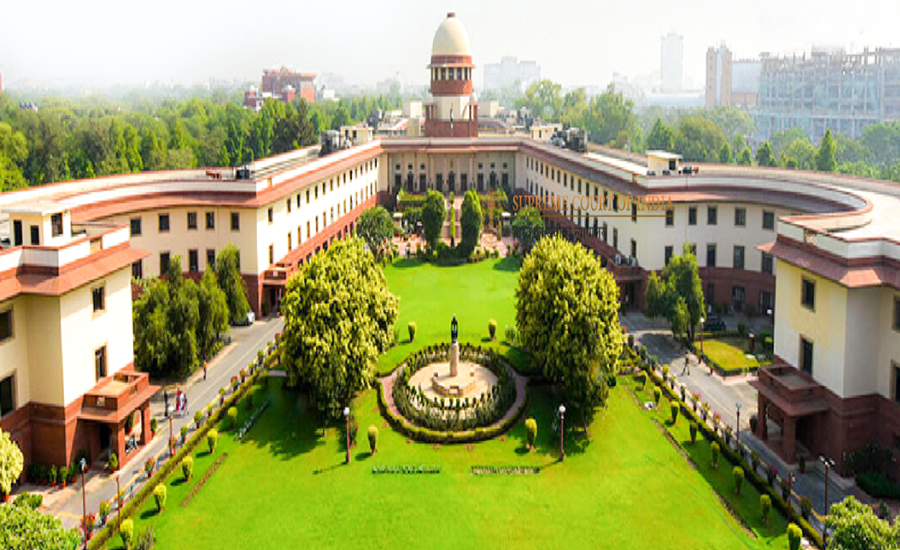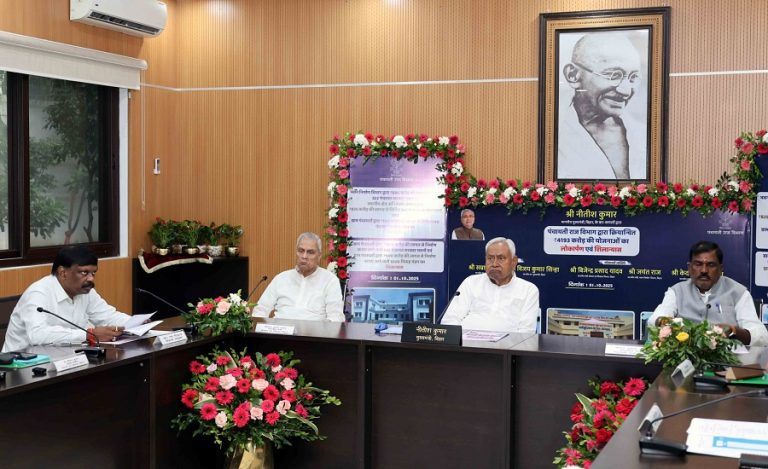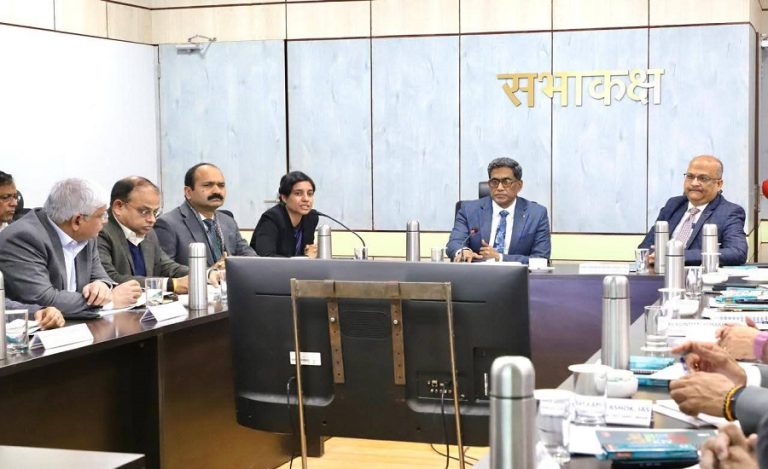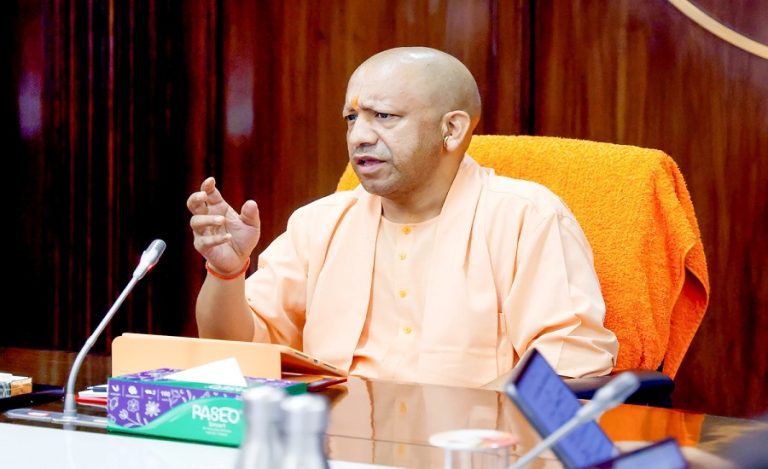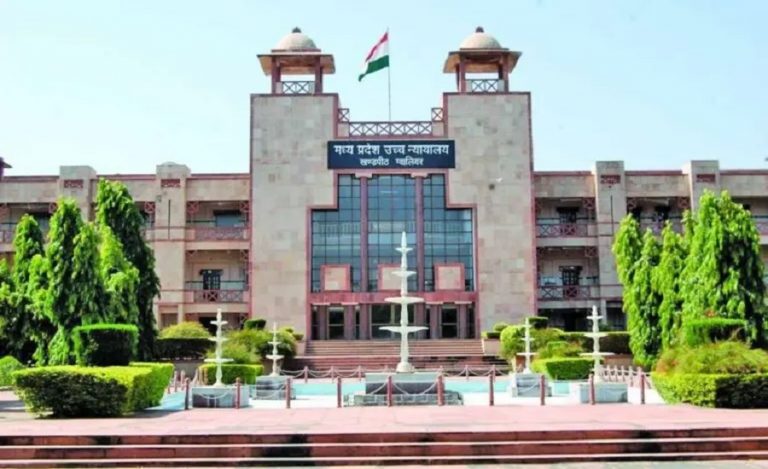New Delhi: The Supreme Court of India has taken a significant step towards promoting gender equality in the legal profession. On 7 November 2025, the Court issued a notice on a public interest litigation (PIL) seeking reservation of one-third of seats for women advocates in all State Bar Councils across India.
Background of the Women Lawyers Reservation in State Bar Councils PIL
Women advocates in India have long raised concerns about their under-representation in legal bodies.
The PIL, filed by Shehla Chaudhary, highlights that while the number of practicing women lawyers has increased considerably, their share in governance and decision-making in State Bar Councils remains extremely low.
The petition draws attention to data showing that out of 441 elected members across all State Bar Councils, only nine are women — which is merely about 2.04%. The plea also recalls that women were formally allowed to practice law in India only after the enactment of the Legal Practitioners (Women) Act, 1923.
What the PIL Demands
- Reservation of one-third (≈ 33%) of all seats in every State Bar Council for women.
- At least one office-bearer post in each State Bar Council to be held by a woman on a rotational basis.
- Re-opening of nominations in State Bar Councils that might have closed already, to give women a fair chance to contest.
- Compliance with Articles 14, 15, 16 and 21 of the Constitution which guarantee equality and non-discrimination.
Women Lawyers Reservation in State Bar Councils: The Court’s Action
A bench comprising Justice Surya Kant and Justice Joymalya Bagchi issued the notice and posted the matter for further hearing on 17 November 2025.
The Court directed that notice be sent to all State Bar Councils via email and asked for their responses within a week.
During the hearing, the bench observed that the petitioner may have approached “late”, but noted the importance of the question and decided to proceed.
Importance of Women Lawyers Reservation in State Bar Councils PIL
- It challenges the male-dominated governance in legal institutions (State Bar Councils, Bar Associations).
- The petition highlights that major states – such as Gujarat, Delhi, Maharashtra & Goa, Punjab & Haryana, Rajasthan, Uttar Pradesh and West Bengal – have no women members at all in their State Bar Councils.
- Women advocates face distinct issues (infrastructure, work conditions, harassment, mentorship) which may be ignored when there is negligible women representation.
- Aligns with broader national efforts to ensure gender equity in decision-making bodies (e.g., Women’s Reservation in Panchayati Raj, Municipalities).
- The petition draws parallels with Article 243D/243T and Nari Shakti Vandan Adhiniyam (Act) for women’s reservation.
Way Forward
The next hearing is scheduled for 17 November 2025. The State Bar Councils will need to respond. If the Supreme Court grants the plea, this could lead to a major policy shift across India’s legal profession — ensuring that one-third of seats in all State Bar Councils are reserved for women.
Key Takeaways
- The legal profession in India is now being asked to walk the talk when it comes to gender equality.
- This step could open doors for many women advocates who currently find it hard to access decision-making roles.
- The case may serve as a precedent for other professional bodies to adopt gender-inclusive quotas.

